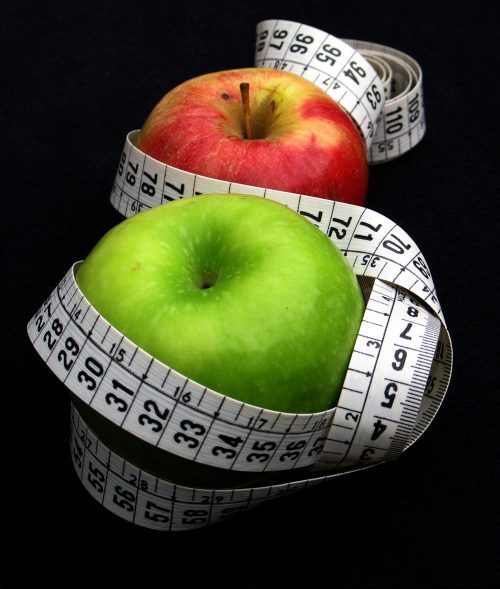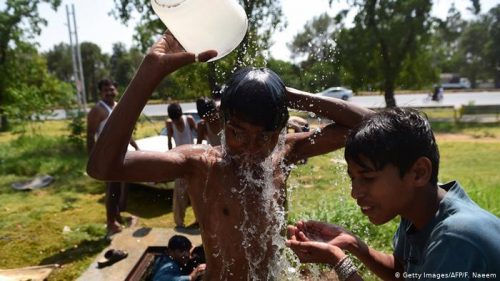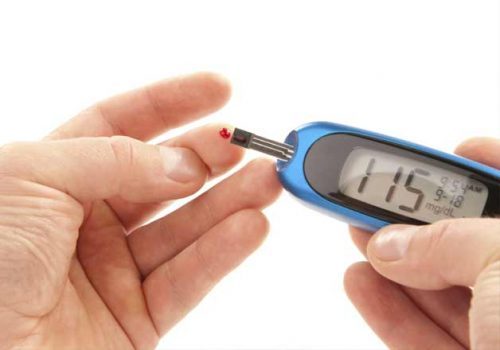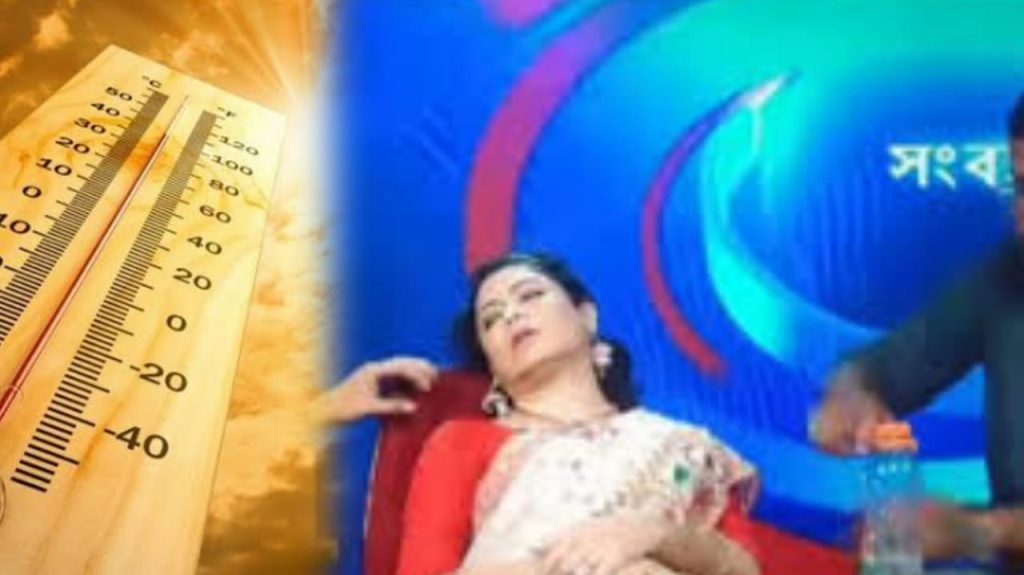The month of Ramadan is regarded as the most important period of the year for Muslims the world over. Ramadan is a month of fasting, reflection, charity, veneration, and sacrifice. Over several centuries this sacred month has maintained its enthusiastic religious intent among its community of faithful. Muslims taking part in Ramadan are not supposed to eat or drink anything during daylight hours.
The process is eating one meal (Sehri) just before dawn and another (Iftaar) at sunset. Owing to limited intake of water and nutrients, weak and ill persons may confront various health-related issues and succumb to their rising significance. Diabetes, being one of the major impediments in following Ramadan in its true essence, needs special discourse here. Read along to familiarize yourself with the ideal management of diabetes and Ramadan 2020 for spending the holy month healthily.
Can Diabetic Patients Observe Fasting In Ramadan?
The issue of diabetes has taken its toll on a global scale. Thus, this question becomes all too important for the fasting patients. Through adopting apt measures and following guidelines carefully, even a diabetic patient is able to observe their fasts healthily.
Physical Effects That Confront Fasting Individuals In Ramadan
Ramadan fast entails complete abstinence from all eatables and liquids stretched out to several hours. In some parts of the world, each fasting day may extend up to 18 hours. Under these circumstances, even a medically fit person might find their patience being tried substantially. The ones observing the Ramadan fasts with some sort of prior physical debility usually find it difficult to cope with their wellness conditions. The stringent Ramadan schedule makes the body deficient in essential nutrients and water, turning the faithful dizzy and worn out.
Eating Healthy In Ramadan: Losing Excess Body Mass For Good!



Source: matthew515.com
Related reading: 10 Pakistani Ramadan Foods That Are Absolute Heaven On Earth!
Can A Diabetic Person Keep Fast?
Diabetes may turn into a serious issue if it goes unchecked during Ramadan fasting. During extended hours of starvation and dehydration, the blood glucose levels may rise or drop sharply, calling for emergency steps. Patients on insulin should take special precautions while they keep fast. Via taking good care of their medications and diet, diabetic people can avail the blessings of Ramadan.
Body Reaction To Ramadan Fasting
During fasting hours when no food or drink is consumed, the body utilizes its stores of carbohydrates and fat to provide energy. This happens once all the nutrients and calories from the foods consumed overnight have exhausted. Since the body cannot store water, the kidneys conserve as much water as possible by reducing the amount lost in the urine. But, the body is unable to avoid losing some water when you urinate, perspire through your skin in warmth and breathe. The probable effects a human body might face up with go as beneath:
- Mild to moderate to severe dehydration
- Headaches
- Dizziness
- Tiredness and fatigue
- Disorientation due to lack of concentration
- Occasional constipation
Managing Ramadan Dehydration: Cooling Off During The Heat Wave!



Source: DW
Management Of Diabetes And Ramadan 2020
Related reading: Here’s How You Can Follow A Healthy Ramadan Morning Routine From Dawn Till Dusk
Diabetes And Its Implications During Ramadan
It is an established fact that fasting for extended hours in a twenty-four-hour day produces significant effects on diabetic patients. Much research has been done on the health implications of fasting for people with both type 1 and type 2 diabetes. Diabetics suffer from a chronic metabolic disorder, placing them at high risk for various complications if the pattern and amount of their meal and fluid intake are drastically altered. Besides the drop in blood glucose levels, there are other noticeable factors evaluated by medical experts:
- A decrease in blood lipid profile
- A decrease in blood pressure
- Reduction in HbA1C level
- A drop-off in albumin, bilirubin, and uric acid levels



Source: Diplomacy Pakistan
What Can Diabetes Lead To When Going Unchecked During Ramadan?
Below we outline some of the major potential complications linked to fasting in patients with diabetes with brief discussion:
- Hyperglycemia
Control of blood glucose in patients with diabetes who fasted during Ramadan has proved to deteriorate, improve, or show no change. Due to the higher intake of sugary foods and lower diabetic medication, this condition may arise in fasting patients.
- Hypoglycemia
Decreased food intake during fasting is a well-known risk factor for the development of hypoglycemia. This condition gives rise to feelings of dizziness, headache, and lethargy as the fast signs of progress. A lower-than-normal blood glucose level, at times, might result in severe conditions needing emergency care.
- Dehydration and thrombosis
Limitation of fluid intake during the fast, especially if prolonged, is the prime cause of dehydration. The dehydration may become severe in hot and humid climates and in individuals carrying out laborious tasks. Patients with diabetes exhibit a higher blood coagulation state due to an increase in clotting factors. Thus, there exists a likelihood of thrombosis formation within narrow and constricted blood vessels.
- Diabetic ketoacidosis
Patients with diabetes, especially those with type 1 diabetes, who fast during Ramadan are at significant risk for development of diabetic ketoacidosis. This is particularly true if they are grossly hyperglycemic prior to Ramadan.
Managing Diabetes During Ramadan 2020
Hyperglycemic conditions call for urgent measures for effective control and management of diabetes and Ramadan 2020. Fasting for patients with diabetes represents an essential personal decision. This should be made in light of guidelines for religious exemptions and after careful assessment of the connected risks. This, in turn, follows ample discussion with the treating physician. During Ramadan, several vital issues deserve special attention.
Managing Diabetes During Fasting: Means Of A Problem-free Ramadan!



Source: IndiaTV
- Frequent monitoring of glycemia
It is essential that patients monitor their blood glucose levels several times daily. This is especially critical in patients with type 1 and types 2 insulin-dependent diabetes.
- Nutrition intake
The diet during Ramadan should not deviate significantly from a routine healthy and balanced diet. It should aim at maintaining a uniform body mass. Experts also recommend that fluid intake be increased during non-fasting hours of the day to create water balance within the body. As Sehri meal, complex carbohydrates are best advisable while Iftaari should comprise simpler carbohydrates.
- Exercise and physical workout
Diabetic persons may maintain normal levels of physical activity during fasting. However, excessive physical activity may lead to a higher risk of hypoglycemia and so, should be avoided. In some patients with inadequately controlled type 1 diabetes, exercise may lead to extreme hyperglycemia.
- Breaking the fast midway
All patients should realize that they must always and immediately terminate their fast if hypoglycemia occurs. This is because there is no assurance that their blood glucose would not drop further, in case they wait or delay treatment measures. Likewise, one should discontinue the fast if blood glucose exceeds the upper range of its limit.
What do you think of this story? Let us know in the comments section below.














